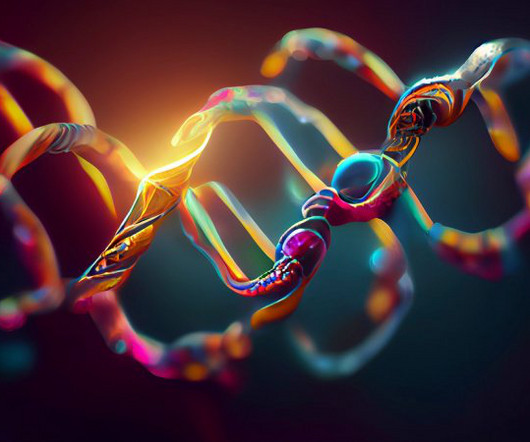Gene Therapy and Pharmacokinetics
Camargo
JULY 27, 2021
The technology of gene therapy is possible due to extensive DNA research and our resulting understanding of many diseases on the genetic level, and it encompasses several mechanisms such as introducing new genes (gene addition) and inactivating or replacing mutated genes (gene editing).















Let's personalize your content